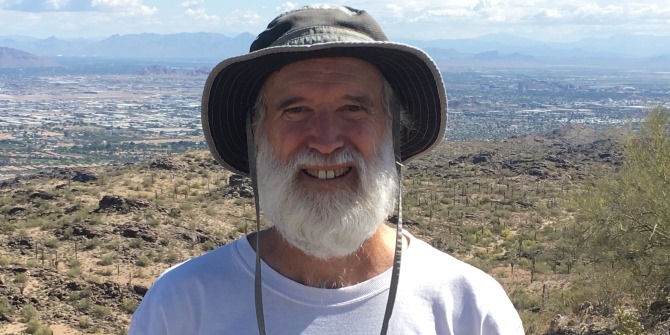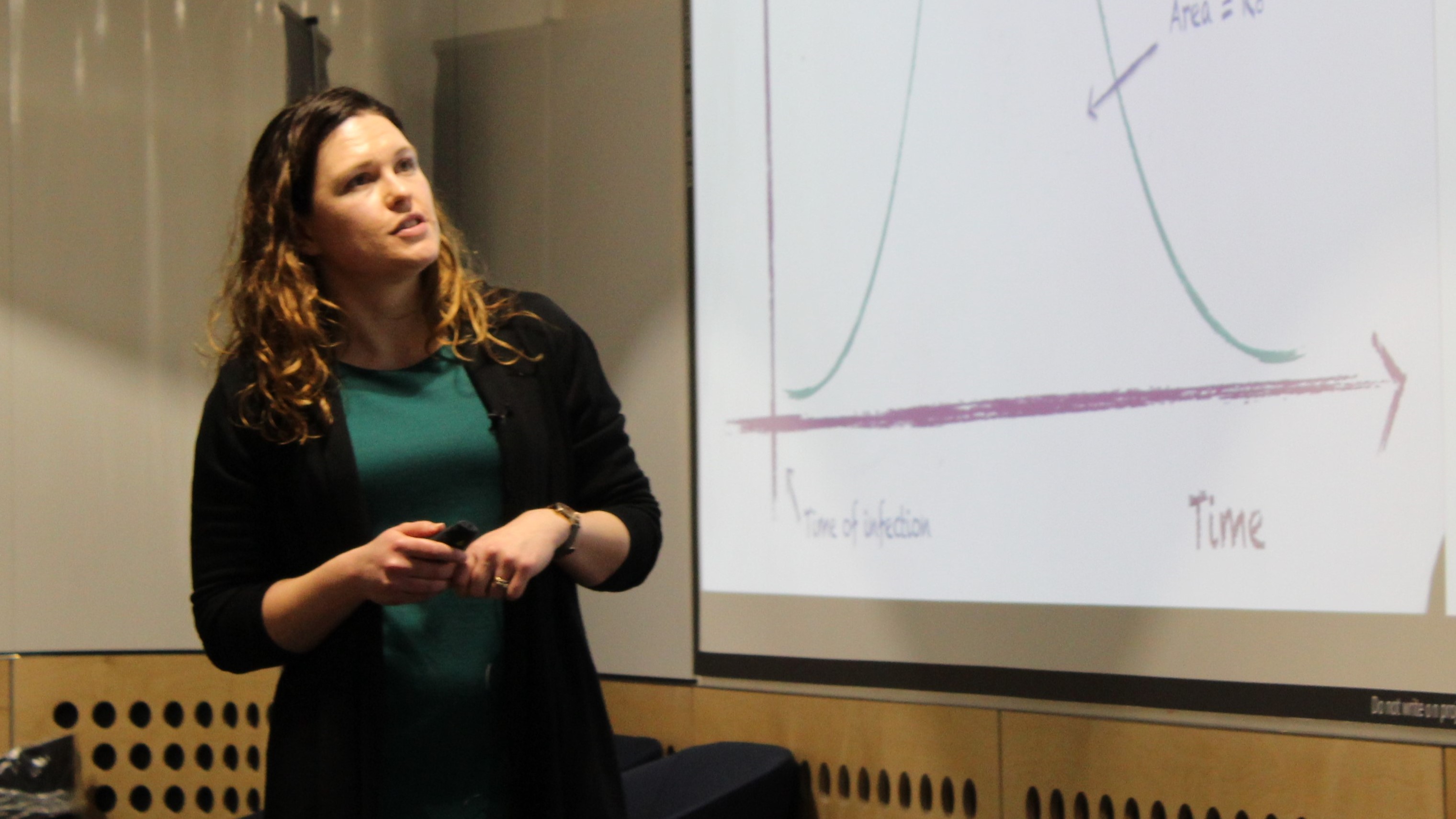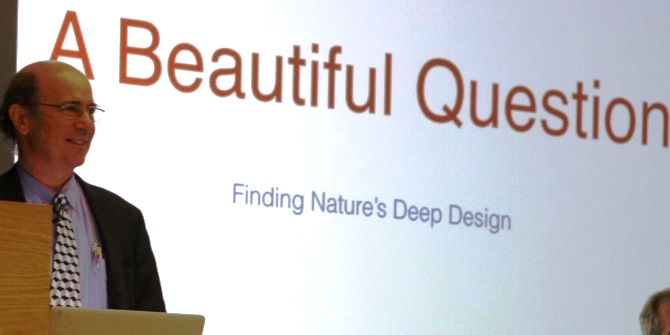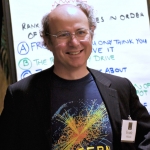 We were very pleased to have Nobel Laureate Frank Wilczek (Massachusetts Institute of Technology) visit the department and give a fantastic public lecture based on his new book to a packed Old Theatre. You can watch his lecture here: ‘A Beautiful Question: finding nature’s deep design‘. Afterwards Andy Lewis-Pye conducted a brief interview with Frank, to follow up on some of the points raised.
We were very pleased to have Nobel Laureate Frank Wilczek (Massachusetts Institute of Technology) visit the department and give a fantastic public lecture based on his new book to a packed Old Theatre. You can watch his lecture here: ‘A Beautiful Question: finding nature’s deep design‘. Afterwards Andy Lewis-Pye conducted a brief interview with Frank, to follow up on some of the points raised.
What was it that inspired you to write your most recent book, “A Beautiful Question: finding nature’s deep design”? What is the most important thing you want the reader to take away from it?
The short answer is that once I started thinking about the question ‘Does the world embody beautiful ideas?’, I found that it was extremely fruitful, and made sense of a lot of things about both the world, and my life, that seemed mysterious to me before. It helped me see things whole. I’d like people to realise that this is a version of the ultimate question ‘What does it all mean?’ that we can bring down to earth, and investigate deeply and concretely.
Does writing for the layman help you consolidate your own thoughts?
It often does. Without equations and jargon to lean on, I must think about how to express things in different ways, and this can lead to real discoveries. In writing “A Beautiful Question”, for example, I found new visual ways to capture ideas from the frontiers of understanding that are usually expressed in very abstract equations, especially by appealing to our experience of colour. These insights have led me to ideas about how we might enrich our sensory experience, using software and hardware devices to open the doors of perception.
Given your belief in the beauty of nature and physical laws, presumably it is your position that there is a finite set of understandable rules governing the physics of our world? Physics won’t be an ongoing process of continual adjustment in that sense?
We’ve made enormous strides towards the goal of getting a small set of rules that describe how the physical world works, and what it contains. I think it’s not too much to say that we now know, for all practical purposes, what Matter is. But there are several loose ends, when we try to do justice to the exotic phenomena discovered at accelerators and by astronomers (dark matter, dark energy). I think we’ll make progress on some of these, based on beautiful ideas like axions, unification, and supersymmetry, over the next few years. But I’d be very surprised if we’ll need to “unlearn” central concepts of fundamental physics. After all, they accurately describe mountains of data in dense detail.
…and those existing ideas and frameworks should eventually be enough to give a complete theory? There won’t be any paradigm shift required to explain things like dark energy? I suppose that even once one has a full description of the basic rules that doesn’t mean one knows everything about a system. Speaking for mathematicians, we might know exactly what the natural numbers are, for example, but that doesn’t mean we can list all the theorems! Is this where physics will be within a few decades then: equipped with the basic rules but still looking to see how those rules manifest?
It’s hard to know how drastically the answers to remaining puzzles will affect our overall world-picture. There may be major *conceptual* shifts coming – who knows? But it is hard to exaggerate the proven scope and accuracy of our core theories. I think that for the foreseeable future most progress in practical applications – even allowing for a very wide definition of ‘practical’, to include astrophysics and most of observational cosmology – will be based on using the laws we already have more creatively, rather than on finding fundamentally new laws. I like to make the analogy that we are in the position of a musician who has just learned how to play all the individual notes of their instrument, or a chess player who has learned all the rules of the game. These are the foundations for mastery, but not mastery itself.
Given the relevance of the results coming from the Large Hadron Collider to your research and your interests, do you have a direct line to the latest goings on, or do you have to wait for the results like the rest of us?
Mostly I wait. I do sometimes get ‘leaks’, but in the past they’ve often proved misleading, so I don’t rely on them.
There are some lovely illustrations in the book. Are you an art fan?
I’m becoming one, largely as a result of this project. The exploration of art started as a research project, to illustrate scientific ideas and their impact, but took on a rich life of its own for me. An especially wonderful experience has been to learn to use perspective, drawing tools, and digital image manipulation. My native drawing skills are abysmal, but with those aids I’ve been able to create things that I take joy in and am proud of.

